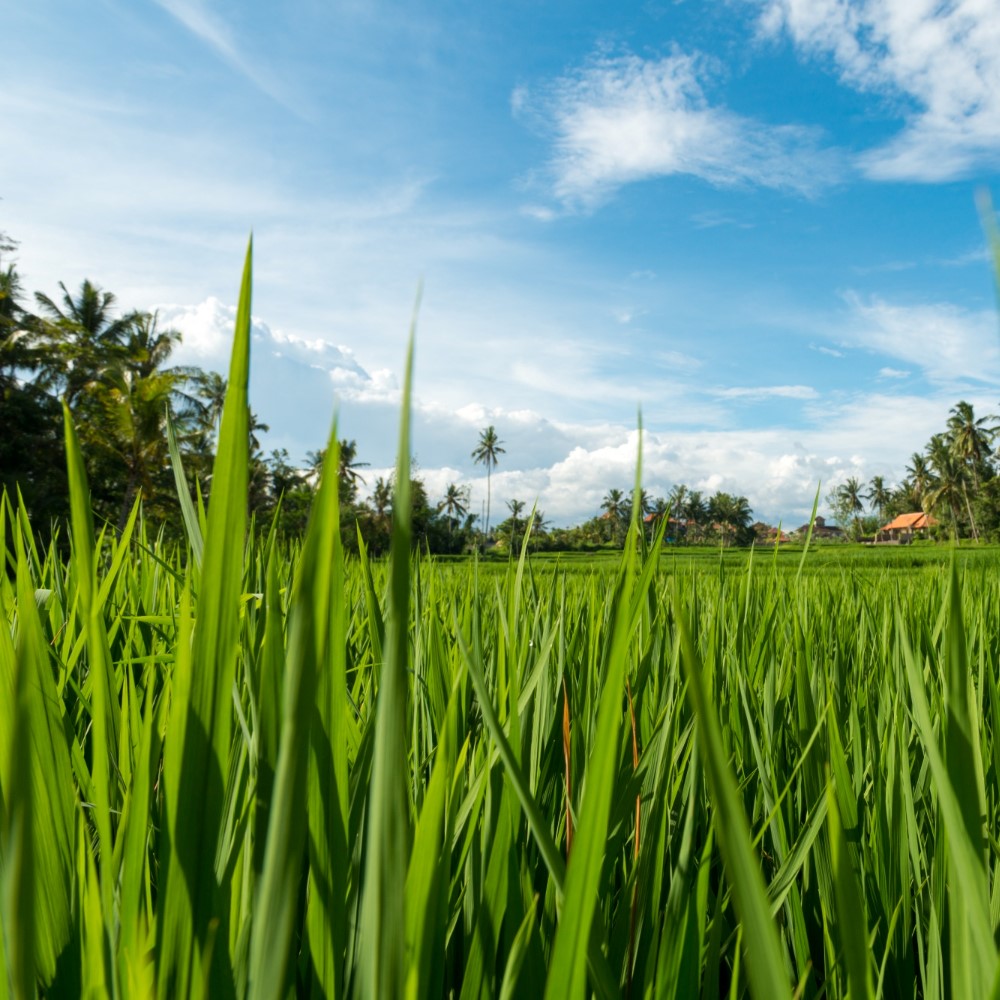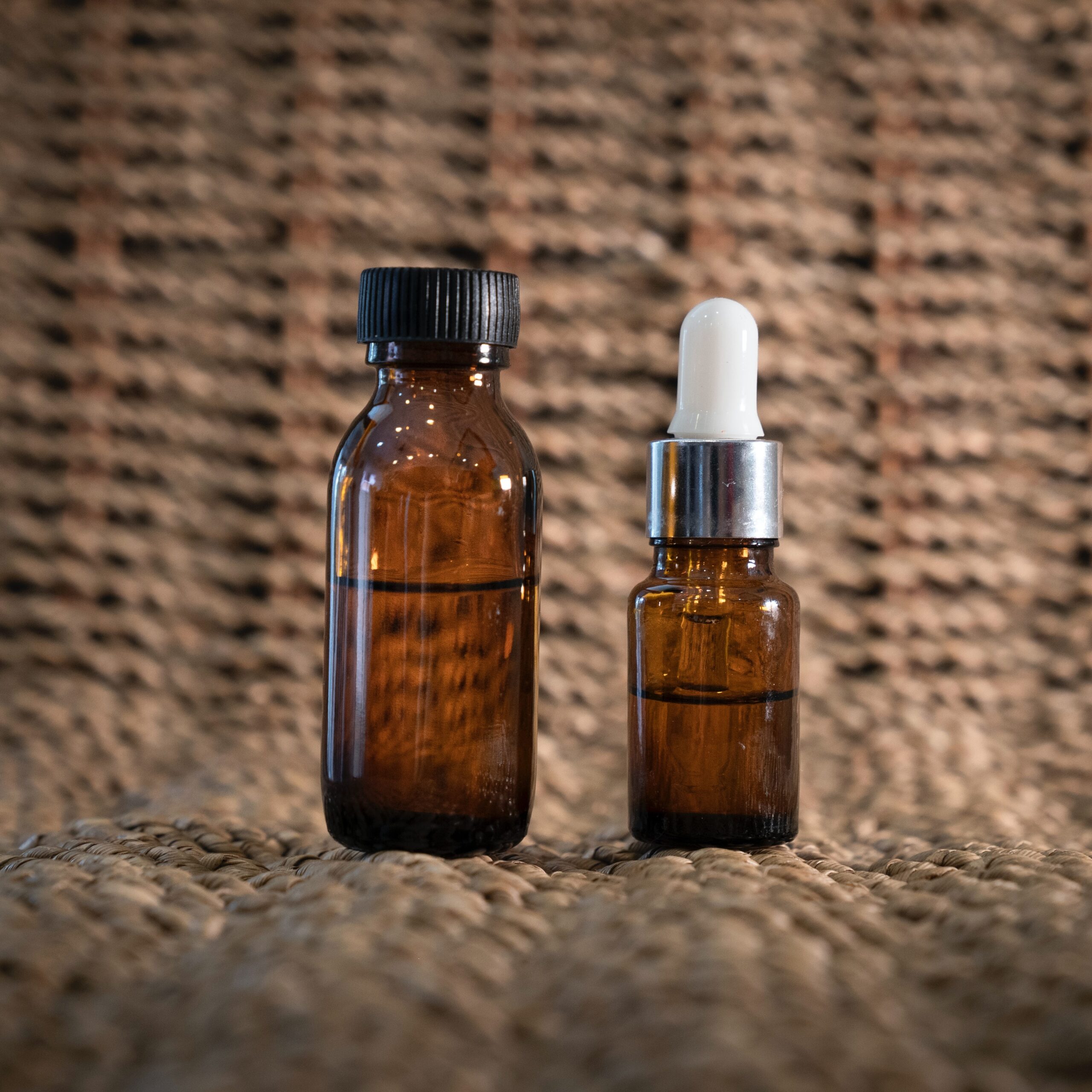Agriculture in Egypt
Plays a pivotal role in the Egyptian economy, serving as one of the primary contributors to both employment and GDP. With a rich history of cultivation dating back to ancient times, Egypt’s agriculture sector has evolved to adapt to modern challenges and opportunities. The fertile soil along the Nile Delta and the Nile River’s continuous water supply have been instrumental in sustaining agricultural activities. A diverse range of crops, including wheat, rice, corn, and various fruits and vegetables, are cultivated, contributing significantly to the nation’s food security.
The Egyptian government has been actively involved in promoting and modernizing the agricultural sector to enhance productivity and ensure sustainability. Various initiatives focus on improving irrigation methods, implementing advanced farming technologies, and introducing efficient water management practices. Additionally, efforts have been made to address issues such as land reclamation and the expansion of agricultural lands, further boosting the sector’s output.
Beyond domestic consumption, agriculture in Egypt plays a vital role in international trade. The country exports a variety of agricultural products, including fruits, vegetables, and textiles. These exports contribute substantially to foreign exchange earnings and enhance Egypt’s economic resilience. Moreover, the agricultural sector serves as a source of raw materials for the manufacturing industry, fostering a symbiotic relationship between agriculture and other sectors of the economy.


Farming in Egypt
Has been a cornerstone of the country’s economy for millennia, dating back to ancient civilizations along the Nile River. The fertile soil provided by the annual flooding of the Nile has sustained a rich agricultural tradition. Today, farming in Egypt remains a vital sector, contributing significantly to both employment and the national GDP. The cultivation of a diverse range of crops, including cereals like wheat and rice, alongside fruits, vegetables, and cotton, plays a crucial role in ensuring food security and supporting the textile industry.
In recent years, the Egyptian government has implemented various initiatives to modernize and enhance the efficiency of the farming sector. Emphasis has been placed on improving irrigation methods, adopting advanced technologies, and promoting sustainable agricultural practices. The introduction of precision farming techniques, such as drip irrigation, has not only optimized water usage but has also contributed to increased yields and resource efficiency. Moreover, the expansion of agricultural lands and investments in research and development underscore the commitment to addressing challenges and ensuring the sector’s long-term viability.
Farming in Egypt is not limited to traditional crops; there is also a growing focus on alternative and high-value crops. For instance, the cultivation of medicinal and aromatic plants has gained traction, providing new avenues for economic growth and diversification. The government’s support for these initiatives reflects a forward-looking approach to harnessing the full potential of the agricultural sector in Egypt. As the nation continues to balance modernization with sustainable practices, farming remains a dynamic and evolving force in shaping Egypt’s economic landscape.
Jojoba capabilities in Egypt
Egypt possesses substantial capabilities for jojoba cultivation, making it a key player in the global market for this versatile and valuable crop. Jojoba (Simmondsia chinensis) thrives in the arid and semi-arid regions of Egypt, particularly in areas such as the Sinai Peninsula and parts of Upper Egypt. The country’s favorable climate, characterized by high temperatures and low precipitation, aligns well with the optimal conditions for successful jojoba cultivation. This resilient shrub is well-suited to Egypt’s arid landscapes, making it an excellent crop for sustainable and efficient use of resources.
The economic potential of jojoba in Egypt is vast, with the plant being valued for its versatile applications. Jojoba oil, extracted from the seeds, is highly prized in various industries, including cosmetics, pharmaceuticals, and skincare. Its unique composition, closely resembling human skin oils, makes it an ideal ingredient for moisturizers and other beauty products. Additionally, jojoba oil is renowned for its stability, resistance to oxidation, and suitability for diverse industrial applications, ranging from lubricants to biodiesel production.
The Egyptian government recognizes the strategic importance of jojoba and has implemented initiatives to support its cultivation and processing. These efforts aim to capitalize on the economic potential of jojoba, create employment opportunities, and boost exports. With a focus on research and development, the country is continuously exploring ways to enhance jojoba crop yields, improve oil extraction techniques, and diversify product applications. As a result, Egypt stands poised to further strengthen its position in the global jojoba market, leveraging its capabilities to contribute significantly to both the national economy and the international industry.

